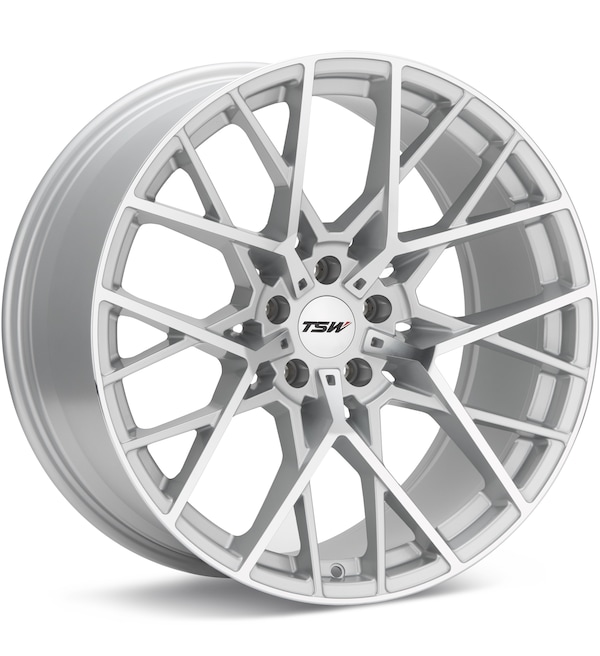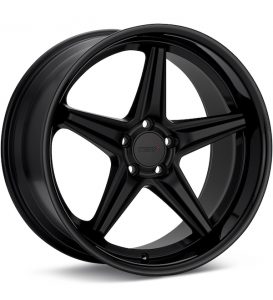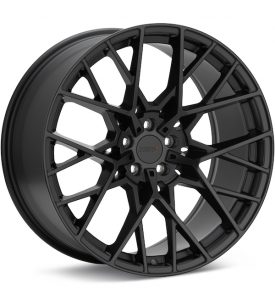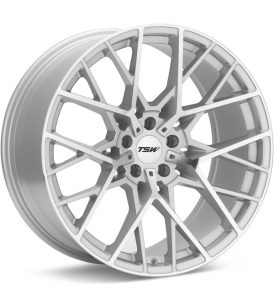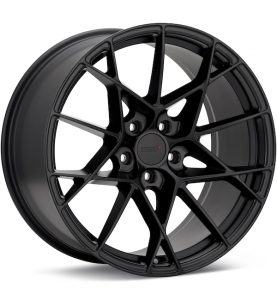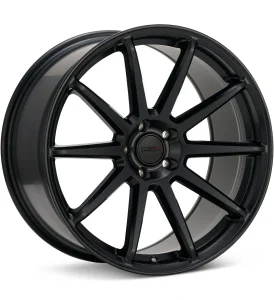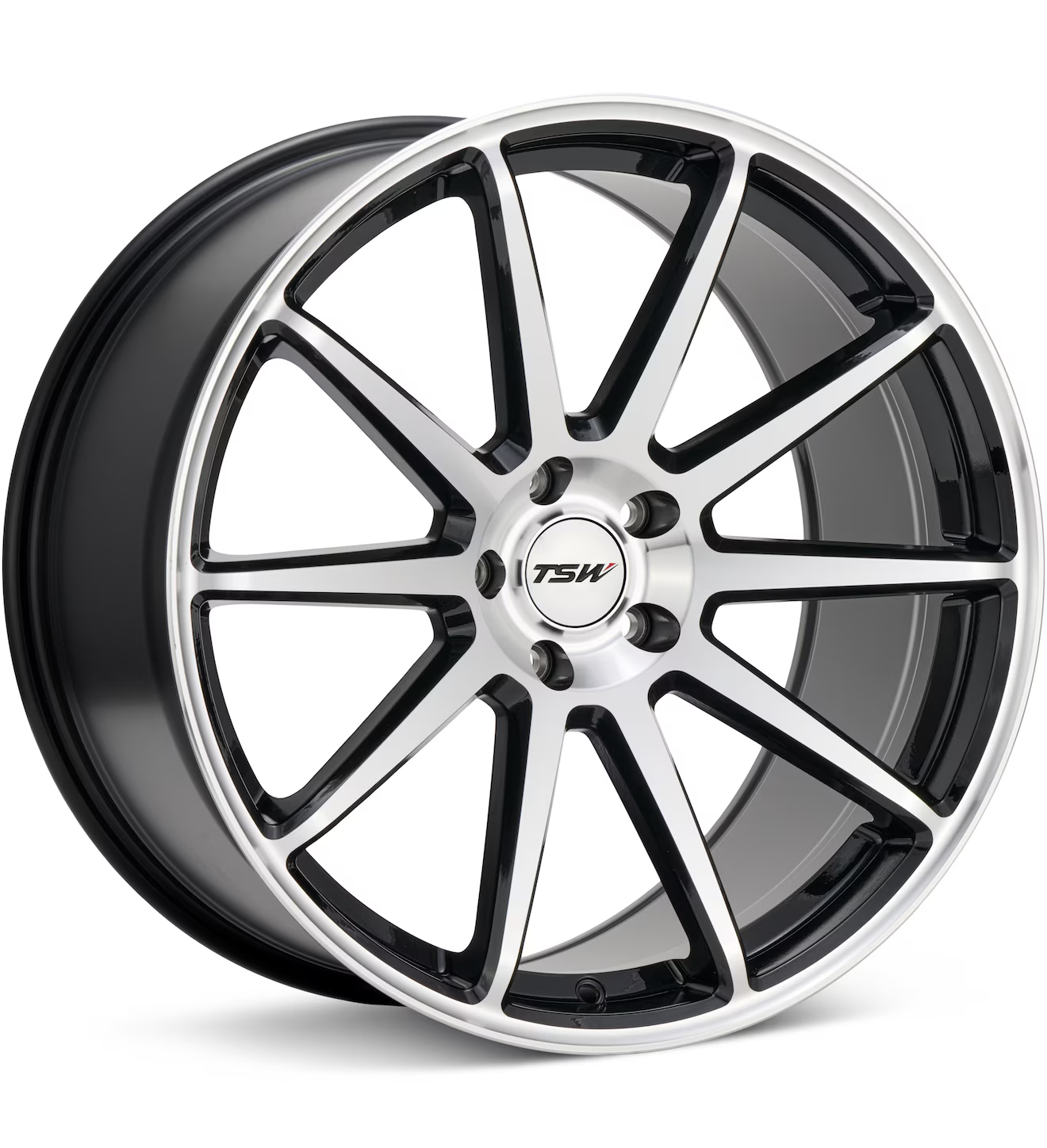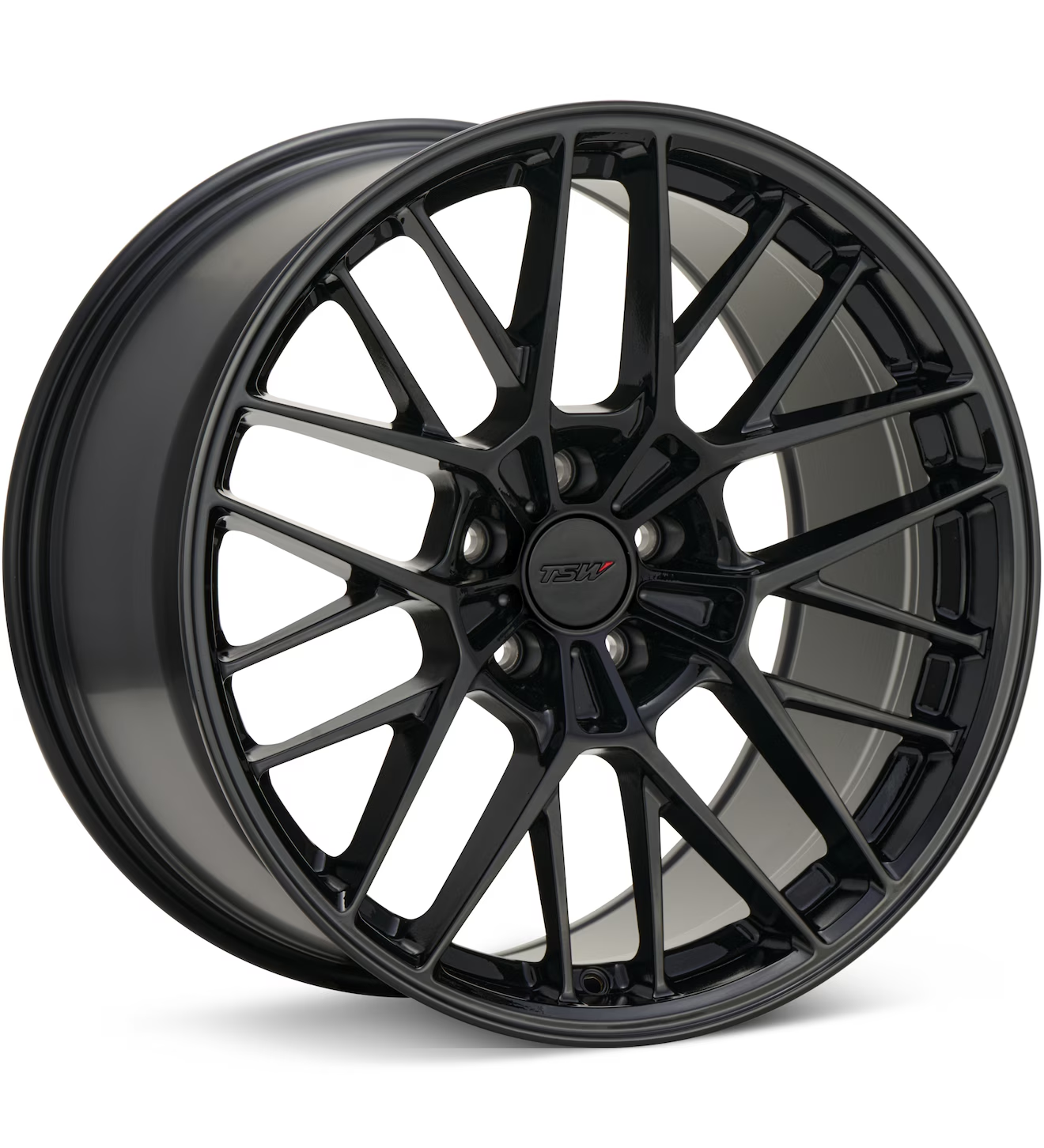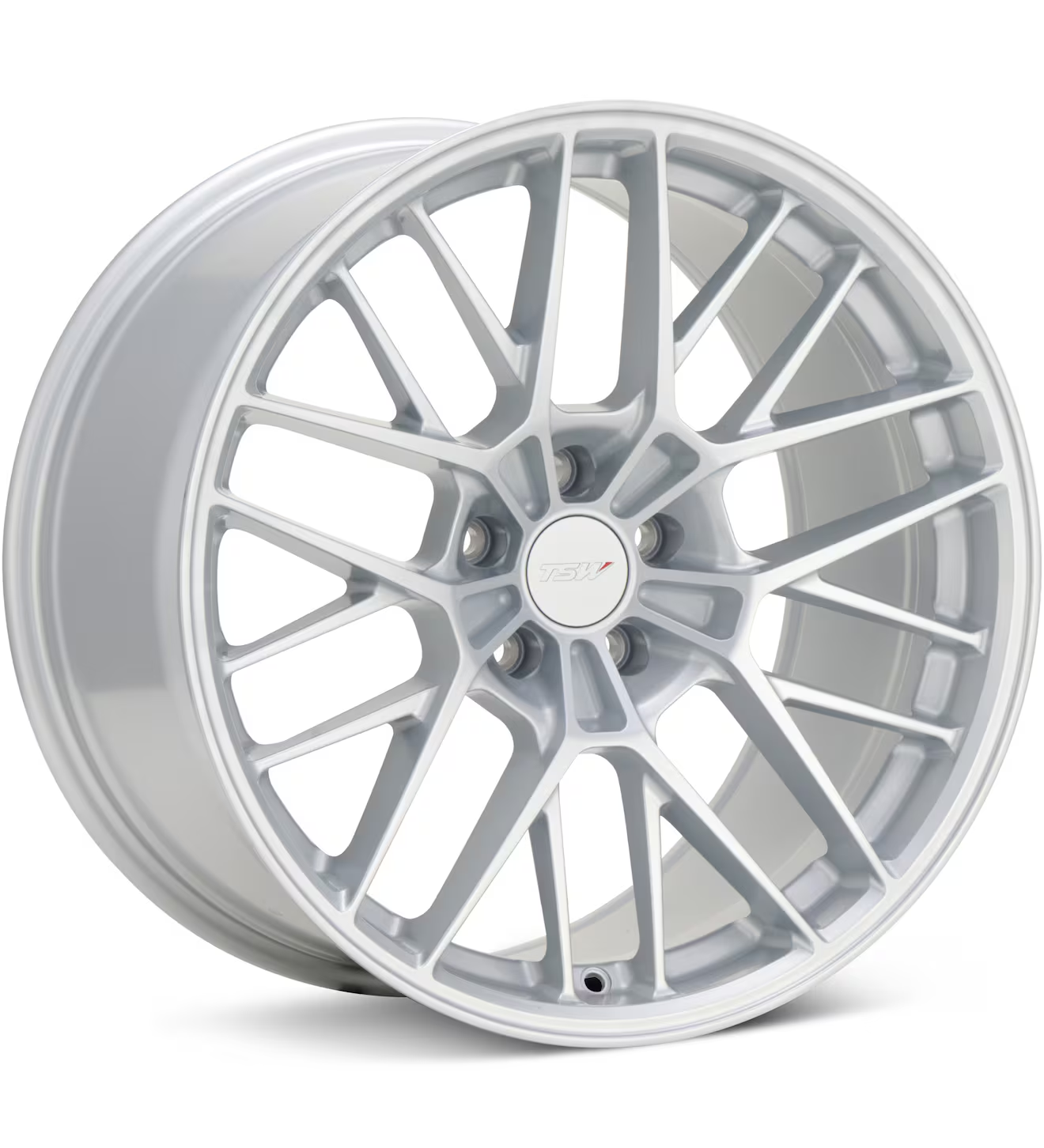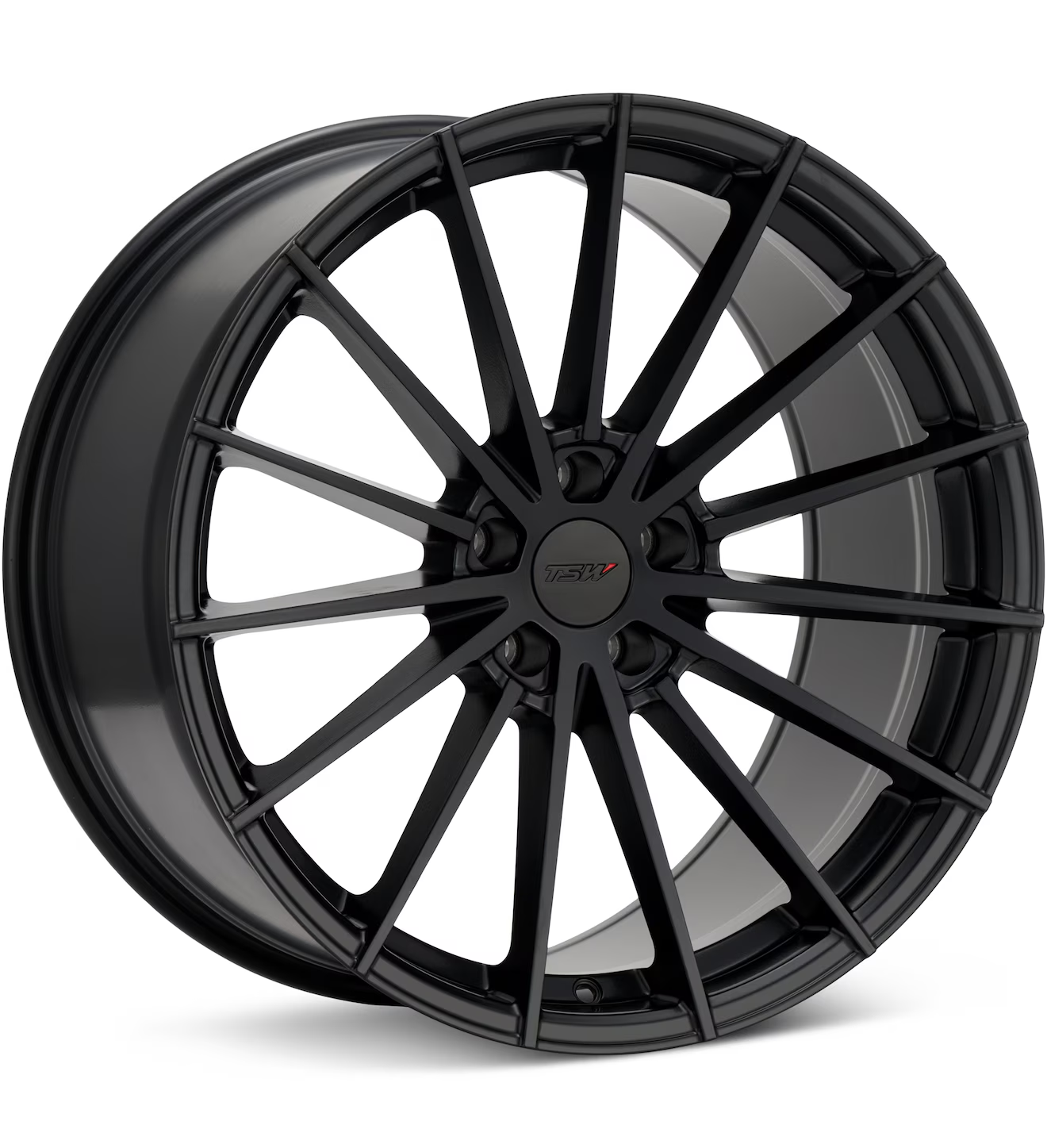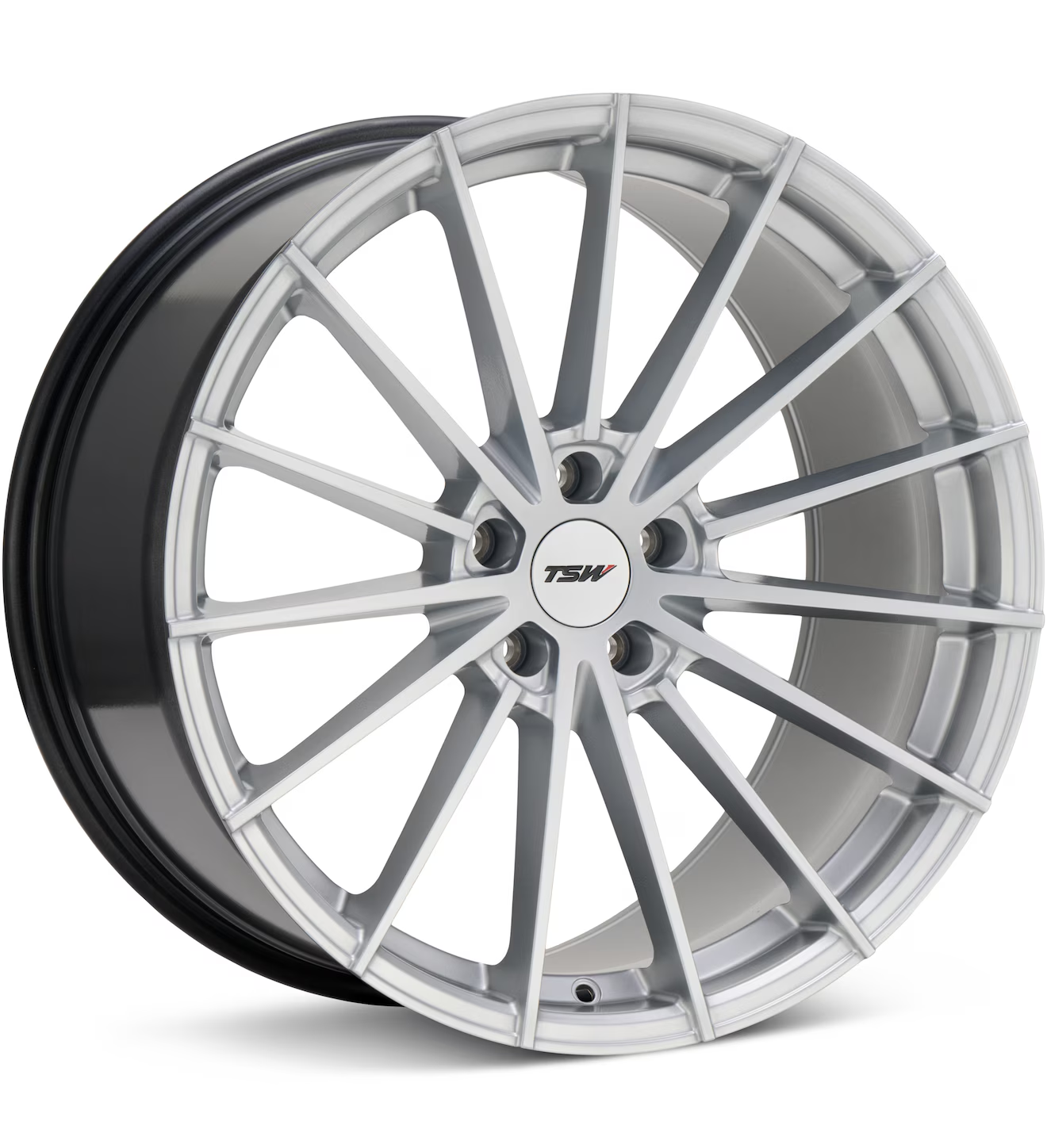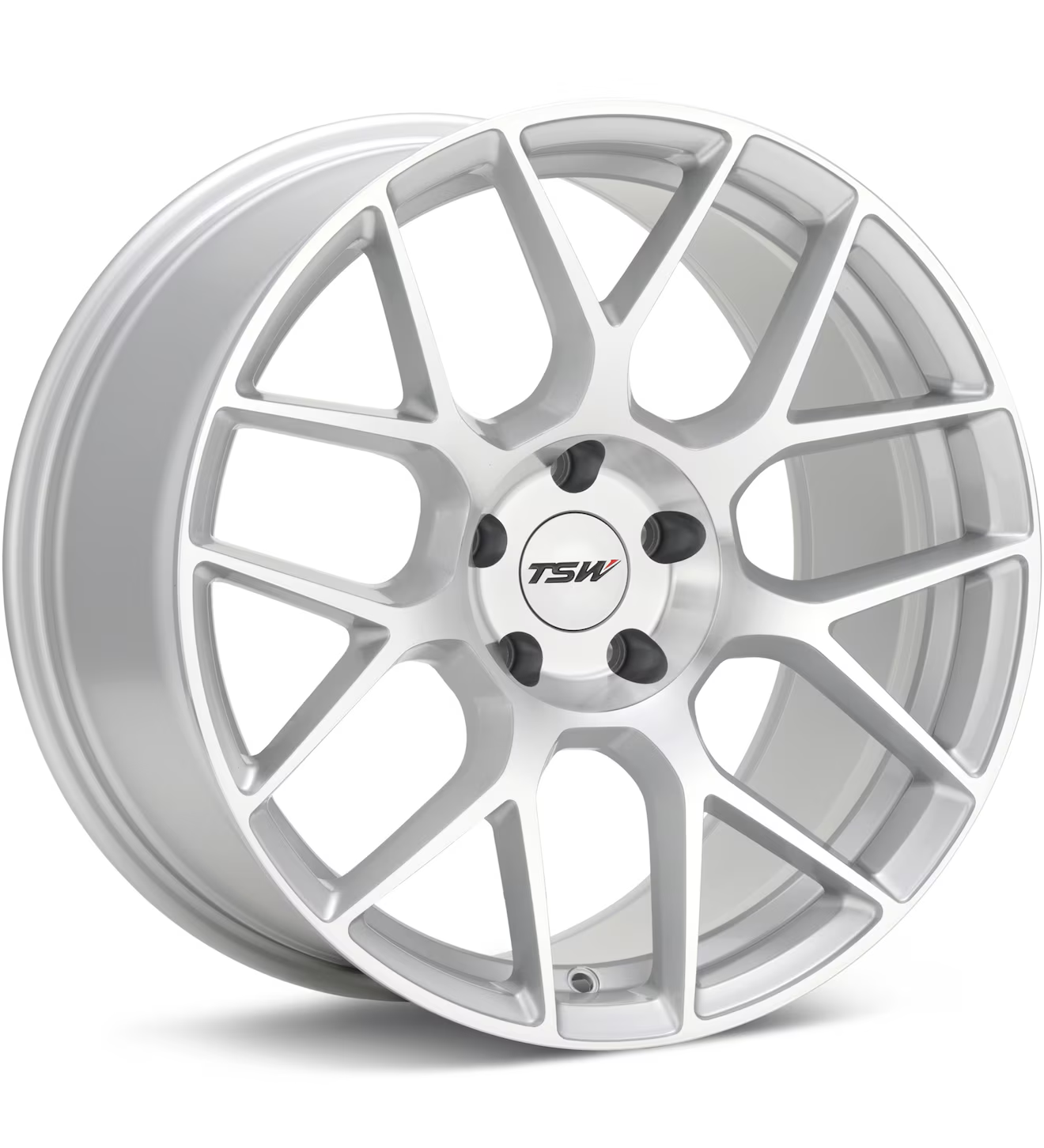TSW Wheels Rims: Buyers Guide and Low Price on All Models
TSW Wheels are a popular choice among car enthusiasts seeking a balance between performance, design, and affordability. With a legacy rooted in motorsports and a diverse range of styles and fitments, TSW has built a strong reputation in the aftermarket wheel industry. This page dives deep into the brand’s history, engineering innovations, top models, real-world user feedback, and how they compare to other wheels in their category.
The Legacy of TSW Wheels
TSW began its journey in the 1960s, founded by a former Formula One driver. Originally established in South Africa, the brand quickly expanded its reach across global markets. Over time, TSW acquired several other wheel brands and became known for offering vehicle-specific applications across a wide variety of makes and models.
Their deep involvement in motorsports influenced their engineering philosophy. While not a premium forged wheel brand, TSW carved a niche in the mid-range aftermarket category, offering solid performance wheels at accessible price points.
Engineering and Manufacturing
TSW produces wheels using both cast aluminum and rotary forging (also known as flow forming). Rotary forged wheels are spun at high speeds and compressed, resulting in a lighter and stronger product compared to traditional cast wheels.
Key Technical Advantages:
- Rotary Forged Construction: Improves strength-to-weight ratio.
- Precise Fitments: Designed for staggered setups, ideal for performance vehicles.
- Wide Size Range: Available from 17″ to 22″ diameters.
These wheels are engineered to meet both aesthetic and functional needs. Their offset options, bolt patterns, and hub-centric designs support better handling and ride quality.
Top TSW Wheel Models
TSW offers a broad catalog of wheel designs that combine contemporary styling with advanced construction methods. Here are a few standout models:
- TSW Nurburgring: Lightweight rotary-forged design ideal for track day use.
- TSW Bathurst: Sleek 10-spoke wheel with flow-formed technology.
- TSW Sebring: Modern multi-spoke with angular lines and concave profile.
- TSW Clypse: Split five-spoke style, popular with European tuners.
- TSW Imatra: A bold mesh pattern with aggressive fitments for larger vehicles.
Each model typically comes in multiple finishes, such as gloss black, matte gunmetal, bronze, and silver with machined faces.
Pros and Cons of TSW Wheels
Pros:
- Stylish Design Options: Over 30+ unique styles and finishes.
- Rotary Forged Models: Offer improved performance over cast alternatives.
- Good Value for Money: Competitive pricing in the mid-tier segment.
- Wide Vehicle Compatibility: Available for sedans, coupes, SUVs, and sports cars.
Cons:
- Not Fully Forged: Less strength than true forged wheels.
- Reported Vibration Issues: Some users have experienced vibration if improperly balanced or installed.
- Heavy Cast Variants: Base models may be heavier than competitors like Enkei or Apex.
Real-World Feedback from Drivers
TSW Wheels generally receive positive reviews for street performance and aesthetics. On forums like Grassroots Motorsports and Reddit, users praise TSW’s rotary forged options for their durability on track days and daily driving.
However, some buyers note issues with vibration or minor cracks, often linked to poor installation, pothole impact, or aggressive driving on rough roads. These complaints are more common with their cast models, not their flow-formed lines.
Notable Quotes:
“I’ve run TSW Nurburgring on my GTI for years. Great value for the money and they hold up well.”
— VWVortex Forum User
“Cracked one on a pothole after 6 months, but they looked amazing and were lighter than stock.”
— Reddit r/Wheels user
How TSW Wheels Compare to Other Brands
While TSW doesn’t compete with premium forged brands like BBS or HRE, they’re often compared to:
- Enkei – Generally lighter and more track-focused.
- Konig – Similar pricing, fewer luxury designs.
- Apex – Better for serious performance applications but more expensive.
If you’re a casual enthusiast looking for better style and decent strength at a reasonable price, TSW is a strong contender.
Buying Guide and Frequently Asked Questions
Are TSW wheels good for track use?
Yes, especially their rotary forged models like the Nurburgring and Bathurst. Cast models are better suited for street use.
Where are TSW wheels made?
TSW wheels are designed globally and manufactured in various ISO-certified plants, primarily in Asia.
Are they hub-centric?
Yes. Most TSW wheels are designed with vehicle-specific hub bores for a snug, vibration-free fit.
How should I maintain them?
Clean regularly with pH-neutral wheel cleaner. Avoid harsh chemicals or steel brushes.
What makes rotary forging better?
It reduces weight and increases strength in the barrel area, improving both acceleration and ride quality.
Final Thoughts: Should You Buy TSW Wheels?
TSW Wheels are a well-rounded choice for enthusiasts seeking modern styling, good quality, and affordable pricing. Their rotary forged lineup delivers excellent strength for daily driving and light motorsports, while their design variety offers visual upgrades for almost any vehicle.
While not top-tier in weight reduction or extreme performance, they strike a perfect balance for those looking to enhance their car’s look and handling without breaking the bank.
Ready to upgrade your ride with TSW Wheels?
Check out our detailed model reviews to find your perfect fit.

